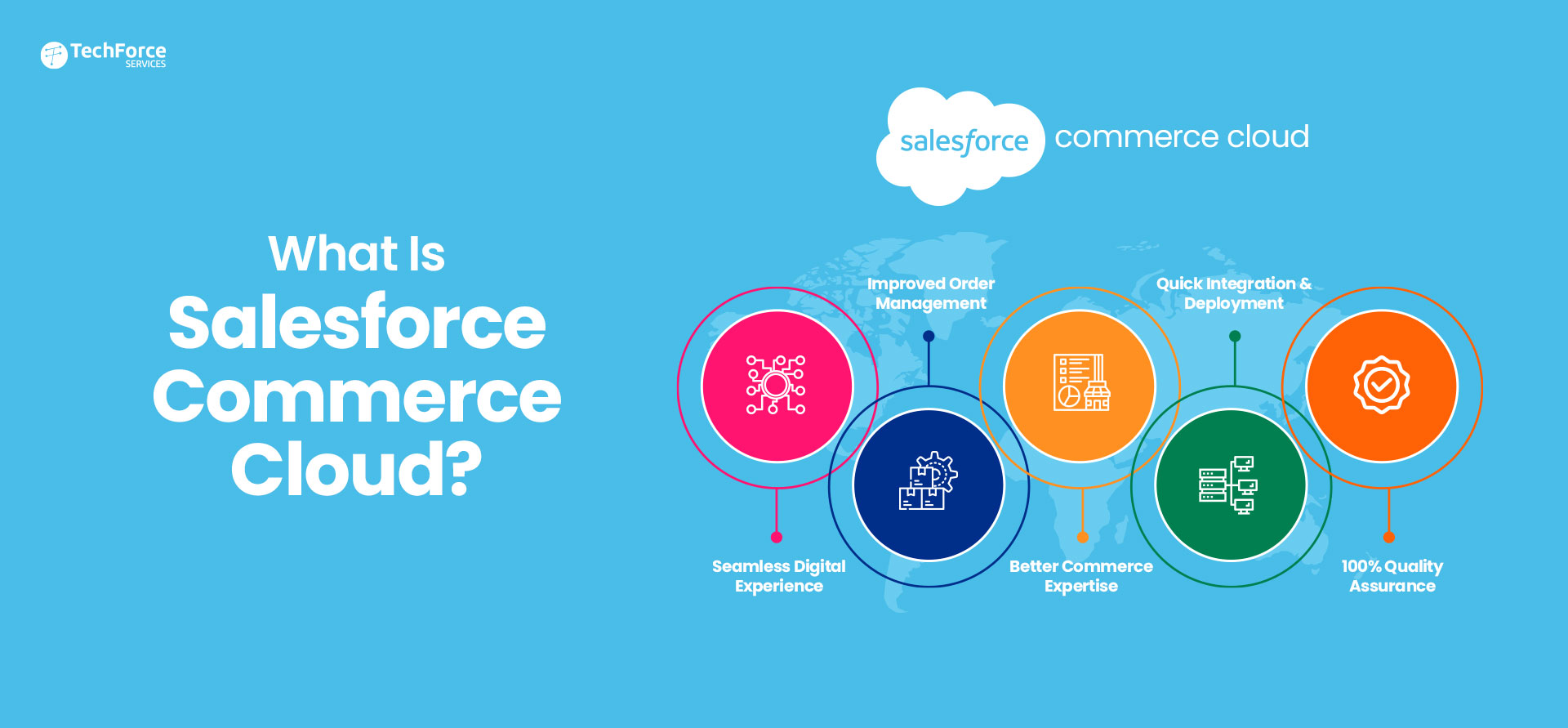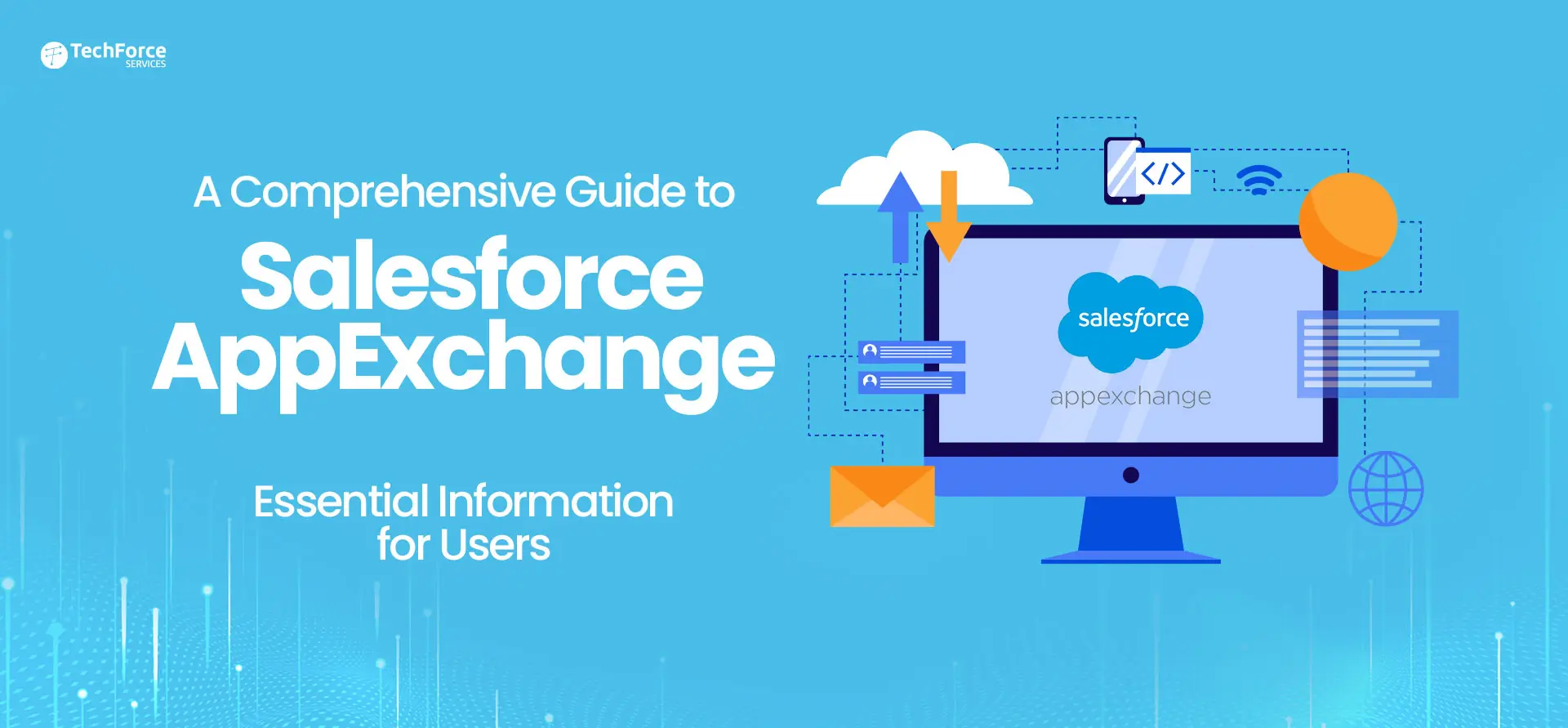Salesforce Commerce Cloud is a powerful e-commerce platform that helps businesses create personalized and seamless shopping experiences for their customers. Whether you’re selling directly to consumers or other businesses, the Commerce Cloud offers a range of features and tools to support your online sales efforts. In this blog post, we’ll take a closer look at Salesforce Commerce Cloud, including examples of companies using the platform, common use cases, and the advantages and disadvantages of using it for your business.
Introduction to Salesforce Commerce Cloud
Salesforce Commerce Cloud is a cloud-based e-commerce platform that is part of the Salesforce family of products. Salesforce is a well-known provider of customer relationship management (CRM) and e-commerce solutions, and its Commerce Cloud product is designed to help businesses of all sizes sell more effectively online.
Some key features of Salesforce Commerce Cloud include:
- A customizable storefront for creating an online store that reflects your brand
- Advanced merchandising and marketing tools for driving sales and customer engagement
- Integration with other systems, including CRM, order management, and fulfillment, to support multichannel and omni-channel sales
- Support for multiple languages and currencies to enable global e-commerce
- Mobile-optimized design to provide a great shopping experience on any device
Use Cases for Salesforce Commerce Cloud
This can be used for a variety of e-commerce scenarios, including:
B2B and B2C e-commerce: The Commerce Cloud supports both business-to-business (B2B) and business-to-consumer (B2C) e-commerce, making it a flexible platform for companies that sell to both types of customers.
Multichannel selling: The Cloud solution integrates with other systems, such as point-of-sale (POS) systems and marketplaces, to enable businesses to sell through multiple channels. This can help companies reach a wider audience and increase sales.
Omni-channel experiences: Salesforce Commerce Cloud helps businesses create a seamless shopping experience for their customers across all channels, including online, in-store, and mobile. This can help businesses increase customer loyalty and repeat business.
Examples of Companies Using Salesforce Commerce Cloud
The Commerce Cloud solution from Salesforce is used by a wide range of businesses around the world. Here are a few examples of companies that are successfully using the platform to power their e-commerce operations:
The North Face: The North Face is a well-known outdoor apparel and equipment company. They use Salesforce Commerce Cloud to power their online store and support multichannel sales. The platform has helped The North Face increase online sales and improve the shopping experience for their customers.
Petco: Petco is a leading pet retailer that uses Salesforce Commerce Cloud to manage their e-commerce operations and provide personalized recommendations to their customers. The platform has helped Petco drive sales and customer loyalty.
Puma: Puma is a sports apparel and footwear company with a global presence. They use Salesforce Commerce Cloud to support their e-commerce operations and deliver personalized shopping experiences to their customers.
Advantages and Disadvantages of Using Salesforce Commerce Cloud
Like any e-commerce platform, Salesforce Commerce Cloud has its own set of advantages and disadvantages. Some of the benefits of using the platform include:
Advantages:
Scalability: This is a cloud-based platform, which means it can scale up or down as needed to meet the changing needs of a business.
Customization: The platform offers a range of tools and features for building and customizing an online store to meet the specific needs of a business.
Integration: Salesforce Commerce Cloud can be integrated with other systems, such as CRM, order management, and fulfillment, to support multichannel and omni-channel sales.
Global capabilities: The platform supports multiple languages and currencies, making it well-suited for global e-commerce.
Mobile-optimization: The Commerce Cloud has a mobile-optimized design, which means it provides a great shopping experience on any device.
Disadvantages:
Cost: Salesforce Commerce Cloud can be more expensive than some other e-commerce platforms, especially for smaller businesses.
Complexity: The platform has a lot of features and tools, which can be overwhelming for some users. It may require a learning curve to get the most out of it.
Limited control: As a cloud-based platform, businesses may have less control over the technical aspects of their online store compared to self-hosted solutions.
The best way to deploy Salesforce Commerce Cloud is by partnering with a Salesforce consulting partner who has the expertise and experience of deploying such solutions for companies of various sizes across industry verticals. TechForce Services is one such partner headquartered in Australia that has implemented various Salesforce solutions in various sectors including Government, Financial Services and Higher Education.













